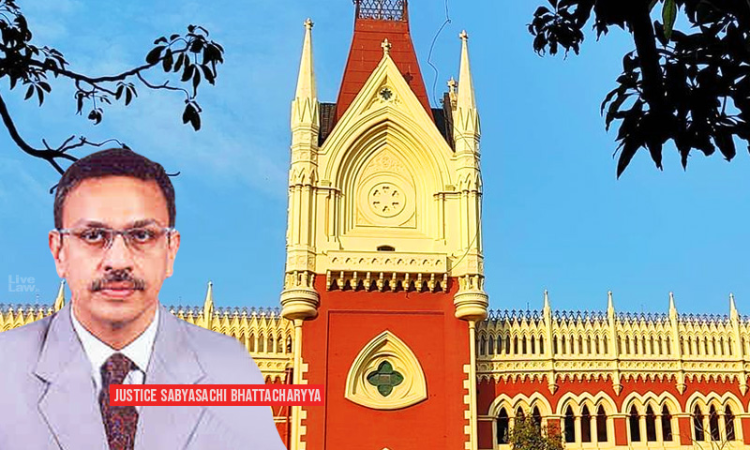No Prior Request Under Section 21 Needed For Section 11 Arbitration Applications: Calcutta High Court
Rajesh Kumar
1 Sept 2024 5:00 PM IST

Next Story
1 Sept 2024 5:00 PM IST
The Calcutta High Court bench of Justice Sabyasachi Bhattacharyya has held that an application under Section 11(5) of the Arbitration and Conciliation Act, 1996, does not require a prior request for reference to arbitration under Section 21. The bench held that invalidity of an arbitral proceeding due to the absence of prior notice under Section 21 and a unilateral appointment of...
